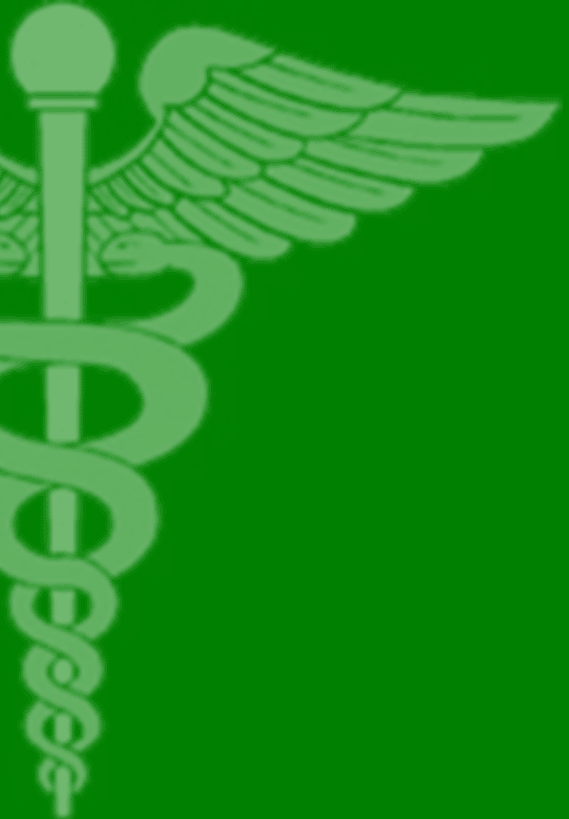The Different Types of Nursing Programs
March 6, 2009 by Rn2b
Filed under Certified Nursing Assistant (CNA), Finding Your Nursing Job
The Different Types of Nursing Programs
Nursing Education is not limited, in fact almost every universities and colleges offer Bachelor of Science in Nursing since a lot of people get sick everyday and a many of them get confined in hospitals and nursing homes for medical attention.
If you want to work as a nurse in hospitals and not just houses for care giving, then you should get a diploma that will allow and certify you to work in hospitals. Nowadays, those people who want to work in hospitals as a nurse get registered. They take a nursing licensure exam and if they pass they get to be a registered Nurse. Registered nurses are the ones who assist doctors and manage equipments in the hospitals; their task is not just limited to care giving alone. Most of the time, only those who have studied a four-year college program in nursing gets to pass the licensure examination for registered nurses so be sure you have the proper nursing education to back you up.
If you want to go farther with your nursing education, I suggest you take up a masters program in the fields of nursing so that you can be an advanced practice registered nurse. This means you are able to specialize in a certain field therefore attaining levels such as Certified Nurse Midwife, Certified Nurse Specialist for Psychiatric/Mental Health, and a lot more.
If you have to heart in giving care to other people, then taking the different nursing programs will probably do your career good.
The Different Levels of Nursing Practice
March 6, 2009 by Rn2b
Filed under Finding Your Nursing Job, Licensed Practical and Vocational Nurse (LPN/LVN)
The Different Levels of Nursing Practice
We all know that health care has always been in demand in our society due to aging. People need to be taken care of especially when they get old and dependent to other people who can aid them daily. It would be hard to walk alone when you’re 85; people who get sick and old seek attention and help. Nursing have become a growing profession nowadays that is why a lot of college students are taking Bachelor of Science in Nursing as their course to qualify in the different levels of nursing practice they have to undergo.

There are four (4) levels of nursing practice. The first and easiest to attain is to be a certified nursing assistant or CNA, however if you’re just a certified nursing assistant, your job description is very limited; you can’t even be an assistant of a doctor in the hospital. Sometimes you are even referred to as a nurse’s aid. More or less, what nursing aids do is to bathe the patients, dress them, clean them, and help them walk to the bathroom, etc. Their task is very basic.
The next level is the Licensed Practical Nurses and the Licensed Vocational nurses. In this level, the nurse still does the same task as those of a certified nursing assistant however LPNs or LVNs can analyze the patient’s condition whether it is improving or worsening.
The higher level to LPNs and LVNs are the Registered Nurses or RNs. They are the ones assisting the doctor in the hospital. Besides having the capacity to do all the tasks that are assigned to CNAs, LPNs, and LVNs, registered nurses can operate the machines in the hospitals they are assigned to.
The highest among the levels of nursing practice is the Advanced Practice Registered Nurses or APRNs. These people have certain specialties like CRNA or certified registered nurse anesthetist, CNM or certified Nurse Midwife, and a lot more.
What is a Clinical Nurse Specialist?
December 23, 2008 by Rn2b
Filed under Clinical Nurse (CNS), Finding Your Nursing Job, Nurse Programs
What is a Clinical Nurse Specialist?
Educators first developed the clinical nurse specialist (CNS) role because of their concern for improving nursing care. They believed that improvement was dependent upon increasing expertise at the bedside, giving direct and indirect care, and incorporating role modeling and consultation
The role of a CNS has evolved to include many specialties particularly in psychiatric care. The impressive development of this masteral program helped to initiate the other CNS specialty courses. Thus, clinical specialization in graduate education increased tremendously. Graduates would provide a high level of specialized nursing care and serve as change agents in hospital settings.
A good portion of time is spent in the hospital, in both staff and patient/family education. A clinical nurse specialist is also into developing protocols, standards and pathways that will guide nursing practice. A CNS also serves as a direct care provider, educator/consultant, researcher and leader. Areas of focus can encompass adult, pediatric and obstetric patients. Different medical departments like oncology, the cardiopulmonary system, the pulmonary system and others are also included.
What are the competencies attributed to a CNS?
• In-depth knowledge expertise
• Demonstrating clinical expertise in a selected area of clinical practice.
• Can be emulated by others professionally and personally.
• Serving as practitioner/teacher, consultant and researcher.
The past years had seen the influx of the greatest percentage of APNs as clinical nurse specialists. In order to achieve this specialization, one should prepare for a graduate nursing education program. This is primarily hospital based and can be consultative in nature.

